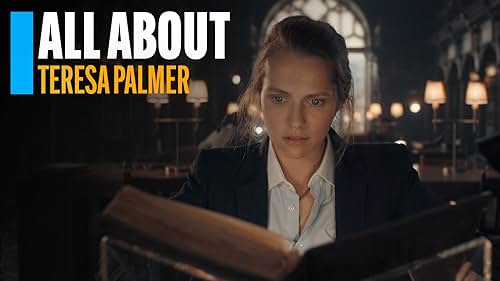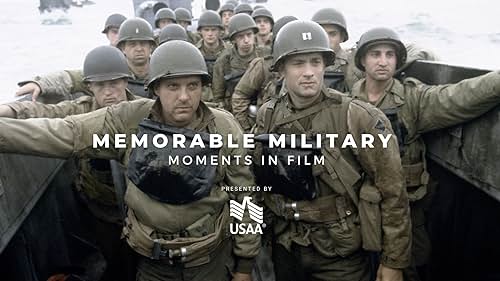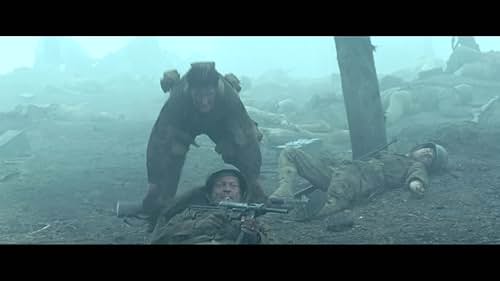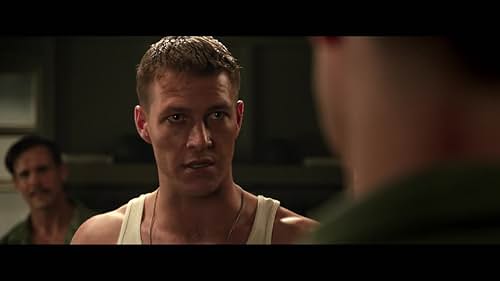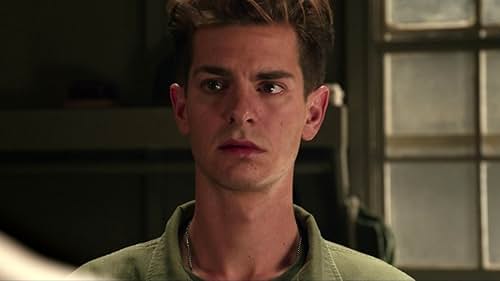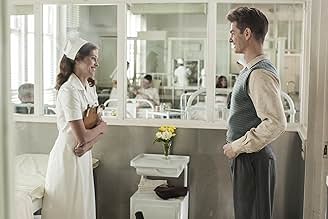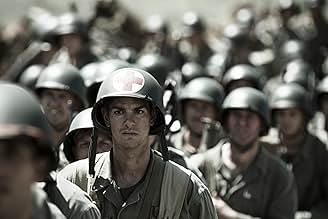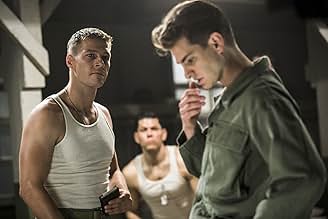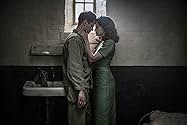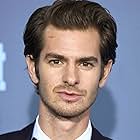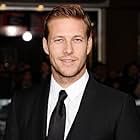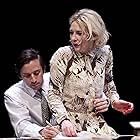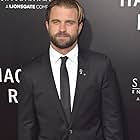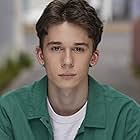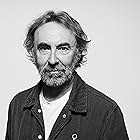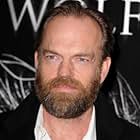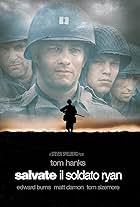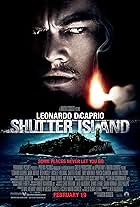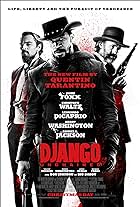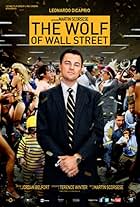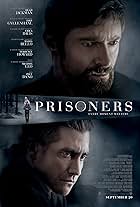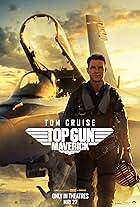"I have seen stalks of corn with better physiques." Sergeant Howell (Vince Vaughn)
Director Mel Gibson is an action genius and along with that compliment, let's add he knows his violence. Hacksaw Ridge is a true and heroic story of the first conscientious objector to receive the Medal of Honor for bravery in battle. Brave also could be any attempt to separate the film from its controversial director, but I'll let the film speak for itself.
The contradiction is real: Desmond T. Doss (Andrew Garfield) was a Seventh Day Adventist who not only refused to work on Saturdays, but he also refused even to touch a gun. Through the intervention at a court martial of his improbably brave and conflicted father (Hugo Weaving), Doss is allowed to serve as a medic under those conditions, proving to all that he could be braver saving men at Okinawa's Hacksaw Ridge than anyone else (75 men as a medic with a flair for ingenious rescuing).
Although Director Gibson is best known for his graphic depictions of violence in Apocalypto and The Passion of the Christ, he can also be accused, along with writers Andrew Knight and Robert Schenkkan, of clichéd story telling. The film's two parts, at home and at war, follow some pretty trite set-ups such as the mountain boy smitten by the nurse, the call to righteous service, the tough drill sergeant ( a terrific Vince Vaughn, see opening quote), and the sentimental trench dialogue.
Yet these flaws work when the story needs them to establish Doss's kind heart, courage, and the essential goodness of fellow combatants as they confess they misread him and his conscientious objection. If you can forgive the almost unreal, lush setting for his youth in Lynchburg, Virginia, and his mooning for his future wife, Dorothy (Teresa Palmer), then you will enjoy seeing a real hero in a real war.
Yes, Gibson knows how to depict action, not just pain, and it helps make Hacksaw Ridge a welcome addition to war films that tell true stories. And lest I forget, welcome back, Mel; you have been redeemed.


